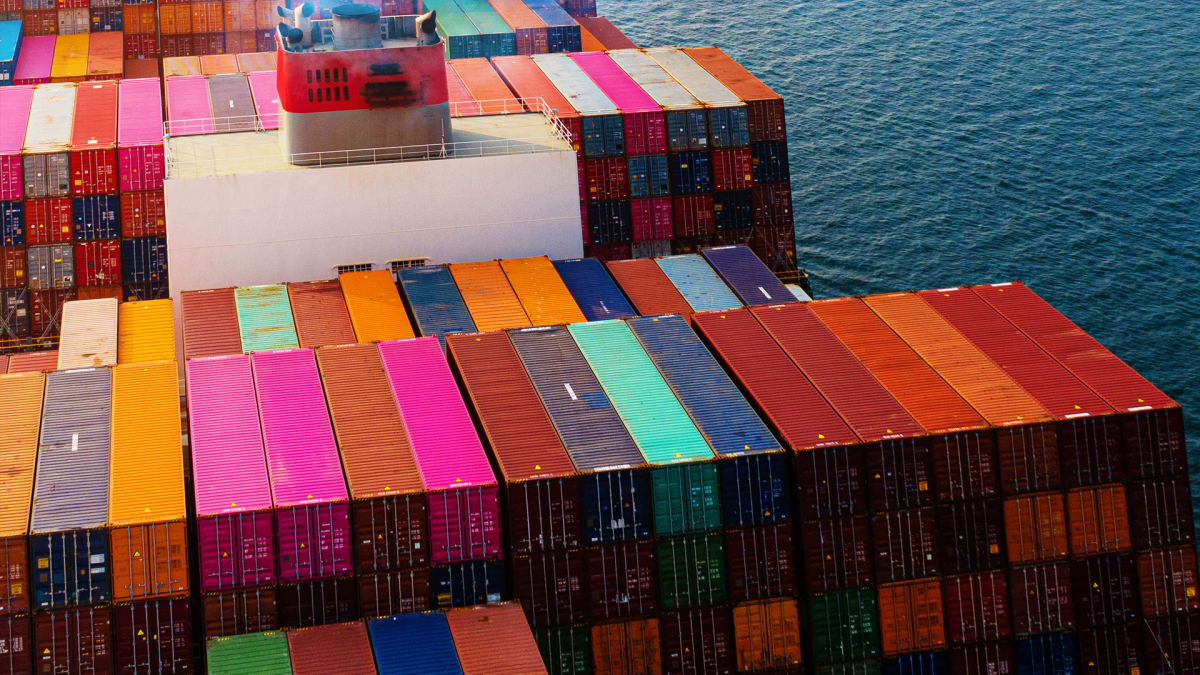
Ports on the Northwest Pacific coast have been operating at a slower pace than usual recently as a labor dispute intensifies and threatens a fragile U.S. economy that is already trying to stave off a recession.
Union workers at the Port of Seattle are reportedly failing to maintain the standard of turning out 30 vessels in an hour as labor negotiations over a pay raise have stagnated.
DON'T MISS: Apple Stock Could Run to $200, Chart Says
Meanwhile, 30 minutes south at the Port of Tacoma workers have slowed things down to a 50% operation level, according to freight price reporting agency FreightWaves.
Earlier this week, the departures of six ships that originated from the ports of Los Angeles and Long Beach have been delayed due to the slow turnaround.
Last week, the Port of Oakland was shut down after union workers issued a work stoppage that lasted through the weekend.
The International Longshore and Warehouse Union represents dockworkers from Los Angeles, Oakland, Tacoma, and Washington and the ILWU wants higher wages and better benefits in the dockworkers next five-year contract.
The previous contract expired July 1, 2022.
Workers Want More Pay
Full-time registered longshore workers earn an average of $197,514, not including benefits, according to the Pacific Maritime Association, a non-profit that represents the business interest of ports on the West Coast.
Full-time is defined as working more than 2,000 hours per year, or about 39 hours per week. The PMA also claims that it paid $100,534 per ILWU registrant in benefits costs, with benefits including full insurance coverage, 401(k) and a pension with a maximum yearly retirement benefit of $95,460, according to Freight Waves.
But those numbers are slightly skewed because only 42% of longshore workers met the full-time threshold in 2022. Most of the workers earned in the $100,000 to $200,000 range, with a "significant number" falling into the five figures.
ILWU workers on average earn a base salary of $46.23 per hour with accelerators for second and third shift working hours.
Putting Supply Chain Issues in the Past
The pay of West Coast dockworkers is in the spotlight at a crucial time for the U.S. economy as it looks to steer clear of a full-on recession.
Supply chain issues helped hamper the economy and played a big role in inflating the prices of imported goods in 2021 and 2022.
But on Thursday, the White House basically declared the supply chain crisis over, saying "critical supply chains are significantly more fluid and resilient than they were when the President took office," in a supply chain scorecard shared with CNN.
Shipping costs that spiked in 2021 are now down about 90% from their peak, according to the report
"As global supply chains have gradually recovered from pandemic-era and commodity market disruptions, there has been a clear cooling in the inflationary pressures on core goods,” the White House Council of Economic Advisers wrote in a blog post, according to CNN.







